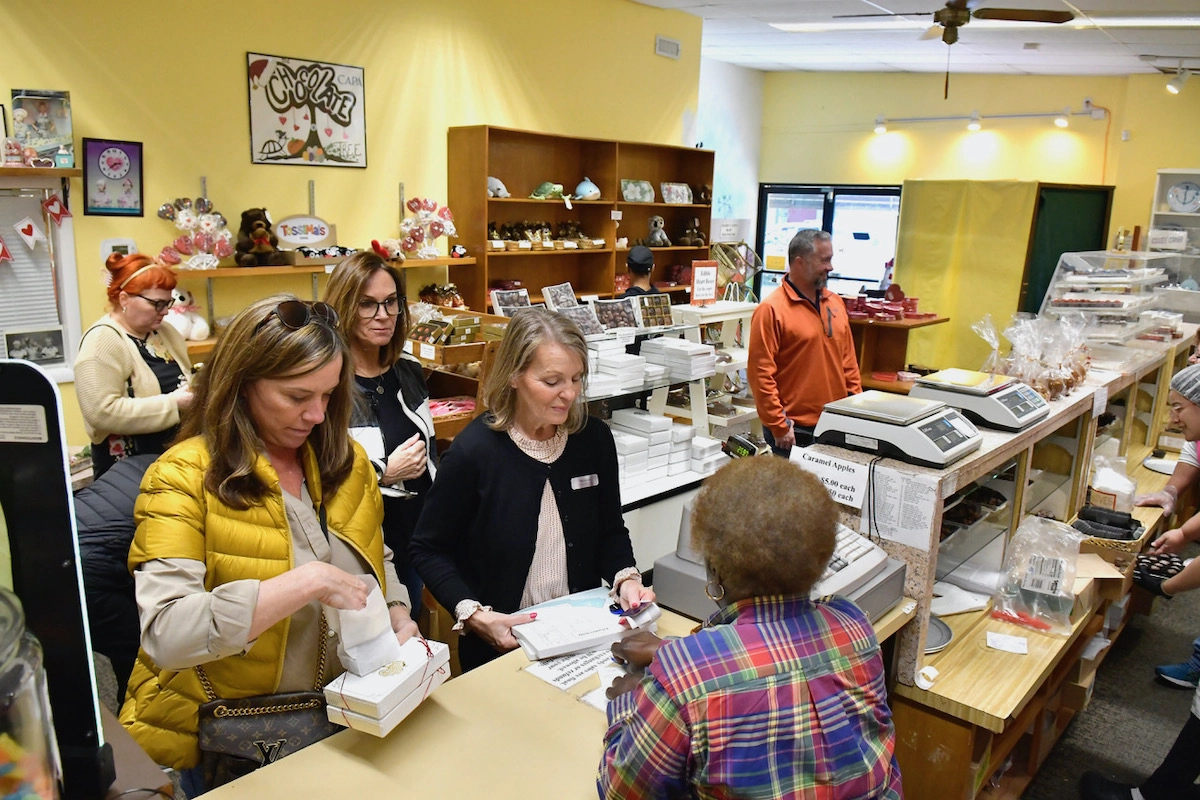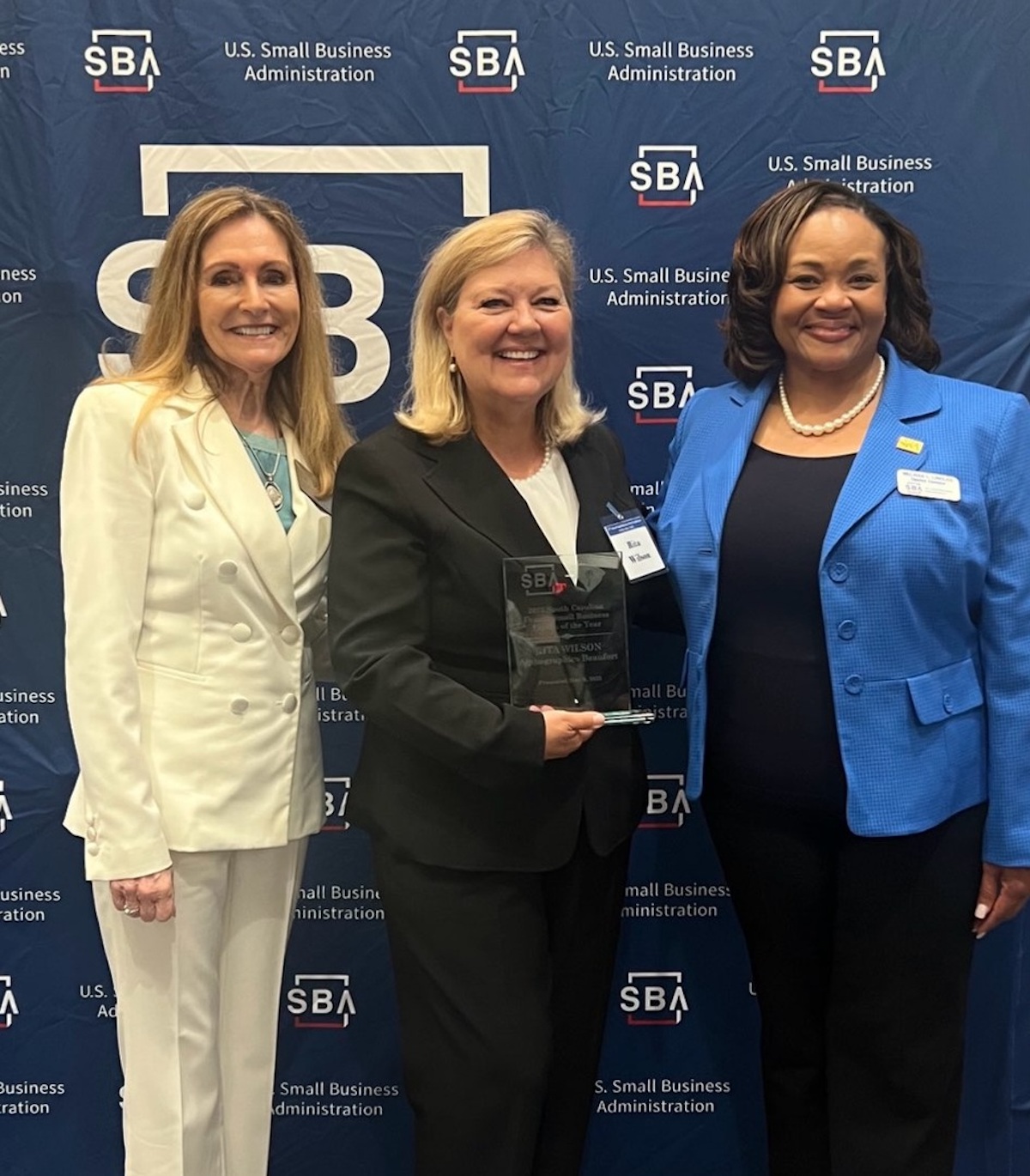By David Striebinger
Tax is a word that hits a nerve with almost everyone, like the sound of a fire alarm going off, and taxes to support the school district are a hot topic of discussion right now.
As I have answered many questions from folks about the proposed sales tax, it has become clear to me that many of us are not familiar with the different tax “pools” used to support our district needs.
Following is a high-level overview of a couple of terms you will need to understand as you attempt to determine the merits of the 1 percent School Capital Projects Sales Tax, which will be on the November ballot.
School Operations (General Fund)
Operations, which includes salaries, utility bills, maintenance, bus service, etc., are funded from the school operations tax which appears on your tax bill.
If you are a full-time resident (a 4 percenter), you do not pay this amount.
This tax is borne by the 6 percent (not full-time residents) group and businesses by state statute. If you want to increase teacher salaries, this is where the money comes from.
As illogical as this may sound, it is a result of the famous Act 388, which passed as a statewide referendum and we, in Beaufort County, continue to struggle with its implementation.
Capital Expenses (Capital Fund)
This portion of the budget focuses on fixed asset needs. This includes land, buildings, machinery and equipment (e.g. HVAC systems) furniture and fixtures and vehicles.
Traditionally these needs are met through the issuance of debt (bonds) authorized by a voter-approved referendum.
There is also a facility to issue debt under the 8 percent debt authority. This allows the district to issue debt, up to 8 percent of asset value, without external approval.
This shows on your property tax bill as School Debt and residents and non-residents alike pay this tax. Current data from the county shows that full-time residents pay about one-third of this burden.
The current proposed sales tax replaces the referendum vehicle. Sales tax is not based on your property values but on your spending. It is also not tax deductible in our state, so your tax bracket is important to estimate the true out-of-pocket cost.
The thing to always keep in mind is the money comes from someone’s pocket. It doesn’t magically materialize by spinning straw or chasing the rainbow to the pot of gold.
Due diligence requires us to understand whose pocket we’re talking about and exactly how much money we really need.
David Striebinger is a District 2 Representative on the Beaufort County School Board.






